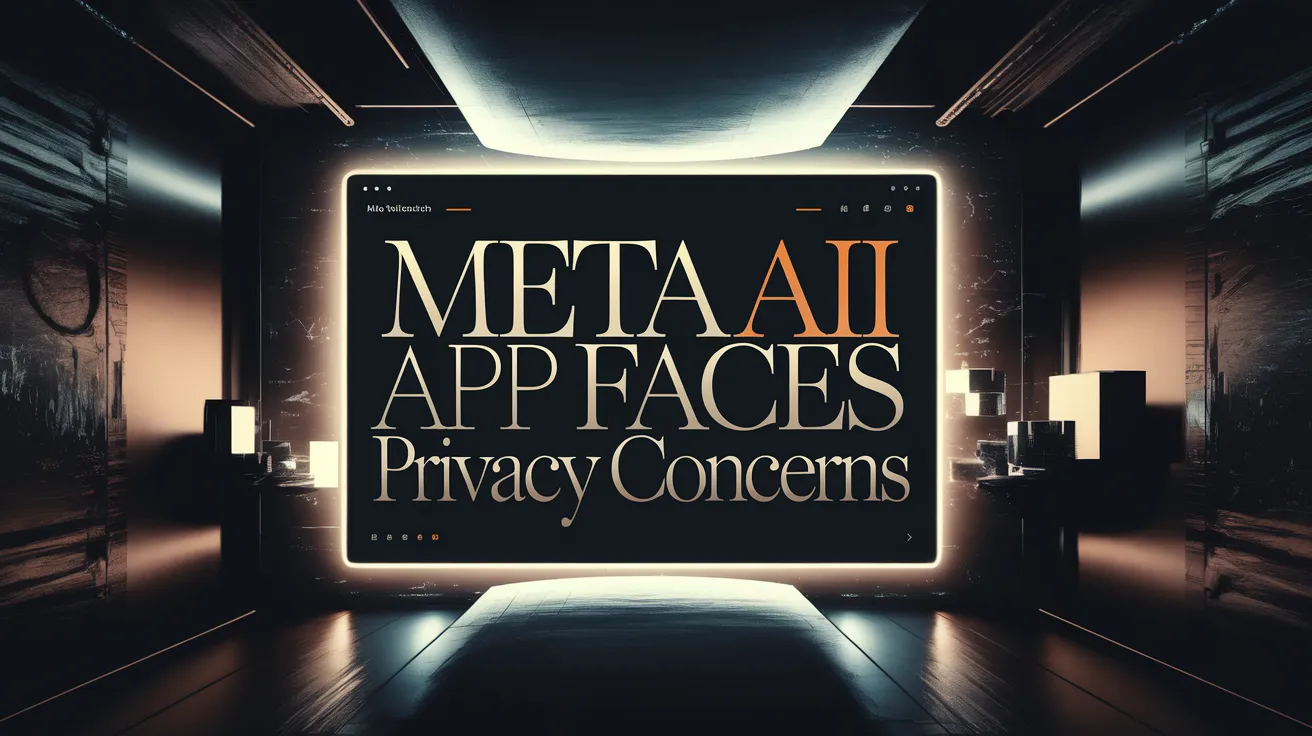Meta AI App Faces Privacy Concerns

The launch of the stand-alone Meta AI app has sparked outrage as it appears to operate like a modern-day horror film, exposing users’ private conversations with the chatbot to the public without their consent. This alarming situation raises critical concerns about privacy and the implications of sharing personal data online.
The Privacy Crisis
Upon interacting with the AI, users are presented with a share button that allows them to publish their conversations. Unfortunately, many appear unaware that this feature means sharing their thoughts and queries—some quite sensitive—with the larger public. Instances of users asking about personal or potentially criminal matters have surfaced, including queries about tax evasion and character references for employees facing legal issues.
Example of Public Sharing
Notable security experts, like Rachel Tobac, have reported alarming findings of users publicly sharing their home addresses and other sensitive information on the app. Examples of unusual requests, such as humorous questions about flatulence, only scratch the surface of the types of embarrassments users could face as a result of this feature.
Meta’s Lack of Transparency
Many users remain oblivious about their privacy settings, leading to a troubling scenario wherein searches, even those of a private nature, are made public inadvertently. If users log into the Meta AI app via their Instagram accounts, the openness of their Instagram profiles can result in their inquiries becoming accessible to the public, highlighting a glaring oversight in Meta’s design.
A Recipe for Disaster
This situation could have likely been mitigated had Meta anticipated the repercussions of making AI conversations public. The move may echo past failures, such as AOL’s ill-fated publication of anonymized user searches in 2006. Social media platforms traditionally do not conflate search engines with publicly viewable conversations, reinforcing the importance of user privacy.
Community Response and Downloads
The Meta AI app has only gathered 6.5 million downloads since its launch on April 29, which raises questions about its viability as a competitive offering. For a tech giant that has invested billions into AI, the download figures reflect a troubling trend where significant oversights could lead to damaging public relations disasters.
As the app continues to operate, the risk of privacy breaches looms, and users must navigate this precarious environment. With questions about their personal lives becoming fodder for public consumption, it remains to be seen how Meta will respond and rectify this oversight in user data protection.